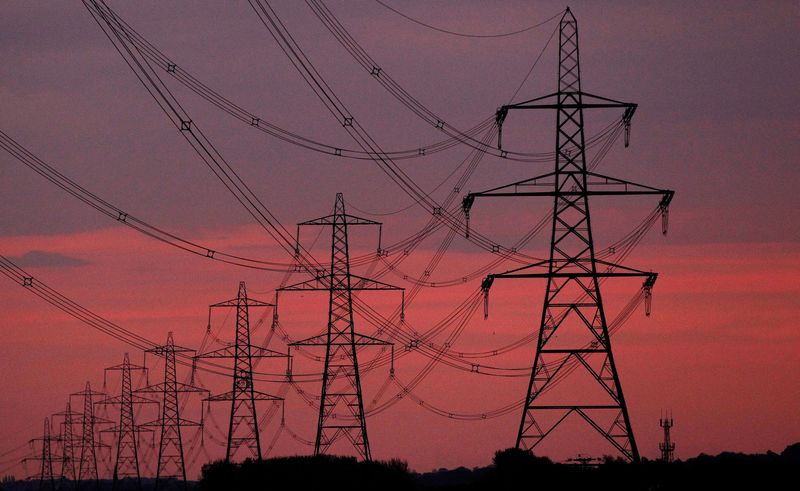By Sarah Young
LONDON (Reuters) -Finance minister Jeremy Hunt said he wanted Britain to cut its energy usage by 15% by 2030 to help reduce bills, catching up with European neighbours which are already prioritising measures to counter spiralling prices.
Countries across Europe are facing an energy crisis after Russia's war in Ukraine caused prices to rise. In response, Germany and France have plans to reduce energy consumption and improve the efficiency of buildings.
Britain on Thursday announced a new goal to cut consumption by 15% over the next eight years and Hunt said it would spend 6 billion pounds from 2025-2028, on top of the 6.6 billion pounds already being provided until 2025.
"By 2030, we want to reduce energy consumption from buildings and industry by 15%," Hunt said.
"Reducing demand by this much means, in today’s prices, a 28 billion pound saving from our national energy bill or 450 pounds off the average household bill."
Britain has some of the oldest and most energy inefficient housing stock in Europe and the government has been forced to act after efforts to subsidise energy bills for households and businesses ran into the tens of billions of pounds.
Britain, under the leadership of Liz Truss, had set out a hugely costly programme to keep average household bills at around 2,500 pounds. Hunt said on Thursday that the energy price cap would last for another 12 months from April, but that the level would rise to around 3,000 pounds a year.
He said the soaring price of energy means that this year Britain will spend an extra 150 billion pounds on energy compared to before the pandemic, which was the equivalent of paying for an entire second National Health Service.

A new Energy Efficiency Taskforce will lead the drive to upgrade boilers and improve insulation across Britain, the government said.
Insulate Britain, an activist group which has staged protests across the country in recent years, has said that Britain's 29 million homes are the oldest and least energy efficient housing stock in Europe.